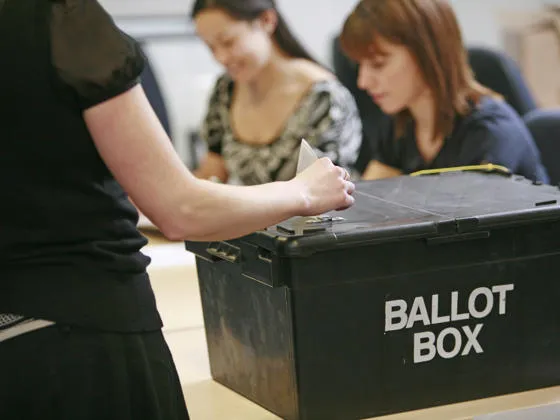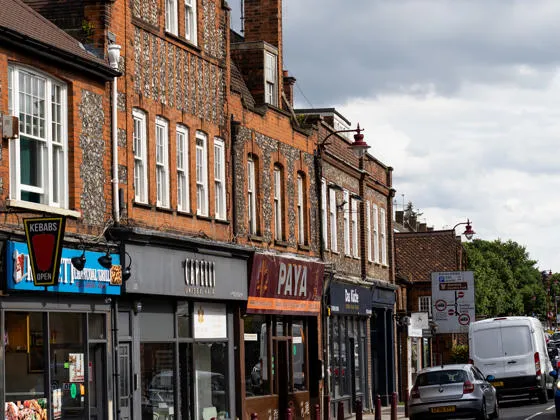News
Showing our support for Armed Forces Day
Your Council
Partnership announced between Hertsmere Borough Council-owned Elstree Film Studios and The MBS Group
Your Council

By-election for Borehamwood Brookmeadow ward
Your Council

Have your say on Hertsmere’s planning process
Planning & Building Control

Have your say on the future of Meadow Park
We're inviting residents to share their views on a range of proposed improvements to Meadow Park in Borehamwood
Parks & Leisure

Hertsmere celebrates Pride Month
Your Council
Announcement on the passing of Cllr Alan Plancey
Your Council



